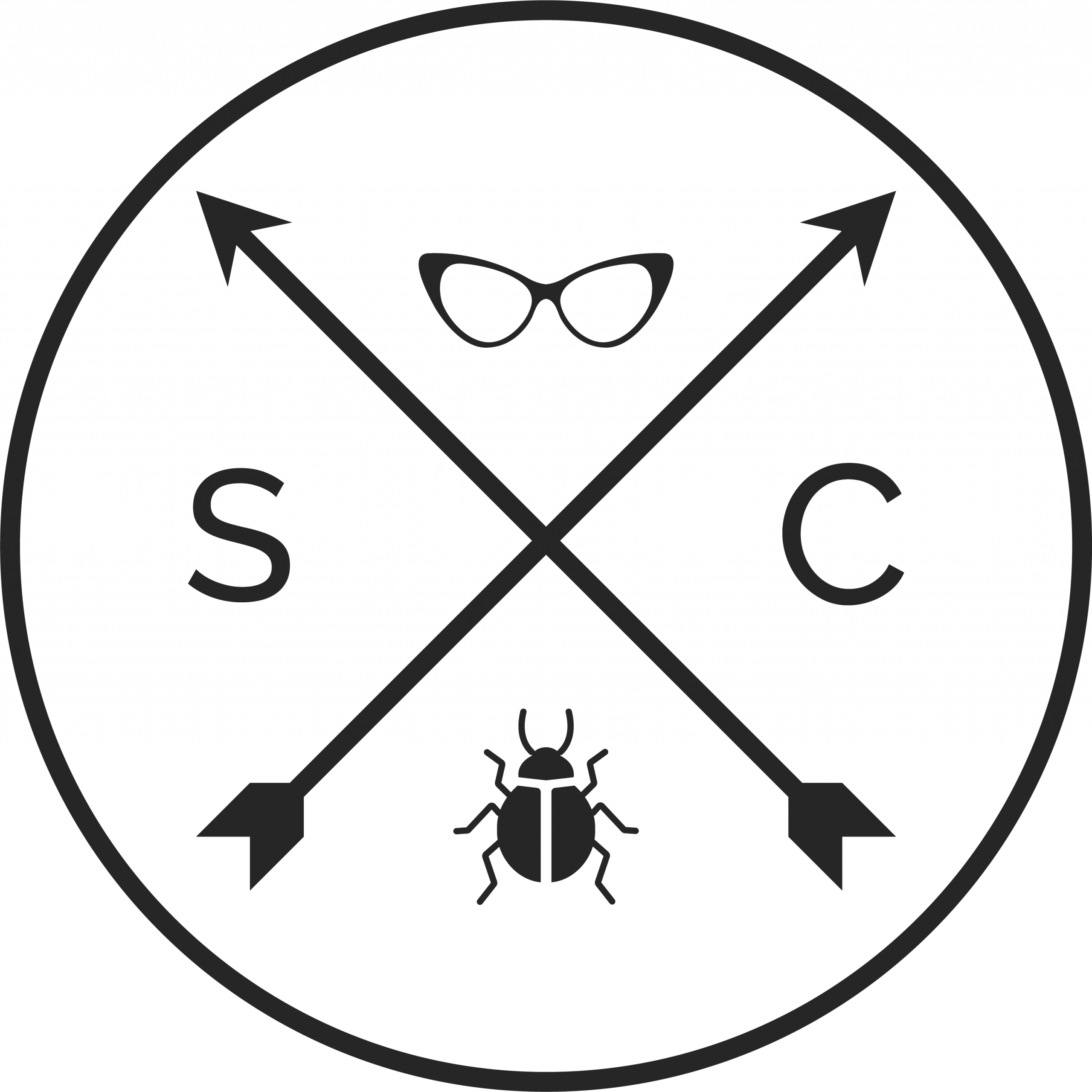Today I gave a talk at TiCCA (Testing in Context Conference). The talk topic was tails of fail – how I failed a quality coach role. It’s a story of how I tried out this quality coaching thing but I didn’t pass probation. You can access the slides here. I used slido to manage the questions at the end of the sesion.
At the end of the day, quality coaching can be hard to demonstrate value add.

Table of Contents
Will you answer all these questions offline ?
Yes, this blog post is an attempt to answer all of the unanswered questions that were raised. Thanks Richard. First of all, a bit of context that was missed in my intro. I’m currently a Test Analyst at a superannuation company, I don’t technically have coach in my title but I’m also growing my side business where I provide training and workshops for teams in testing skills. This might have caused some confusion with the questions.
What does a quality coach’s typical day look like?
When I was at Campaign Monitor, my day would start with a stand-up and seeing what items needed focus on for the day. The team might have a work item that needed a bit of testing and I’d be available to pair test with that developer if needed. Some days we would run workshops (training for quality champions; developers who wanted to improve their testing skills) or bug bashes (these were generally once a fortnight).
What are the differences between a quality coach and an agile coach and a test coach?
An agile coach is a facilitator, often scrum certified (but not always). They are usually more focused on helping the team collaborate more effectively over improving the teams quality/testing practices. I don’t see much difference between a test coach vs a quality coach. You can use the words that make sense in your context.
Are there any drawbacks to using a quality coach practice?
Yes, when you are encouraging people who prefer to build things workout their testers mindset you aren’t going to get as focused attention as someone who has spent their career practicing their testing craft.
Also, you might have some really technical testers who aren’t interested in coaching/leadership skills. You shouldn’t expect everyone to want to become a coach and that’s fine too.
What are the benefits to the organisation of the assistance/coach/advocate model?
If your company believes that quality is a team responsibility a coach can help lift the testing capabilities of a team. If you need a bit of focus on quality (maybe you have lots of customers complaining about bugs and it’s costing you big $) but you don’t know how to get your engineering teams to prioritise bug finding as well as build new features a coach could help here. There isn’t a great deal of training out there in how to be a good tester, it’s not as easy as sending your devs off to a 3 day course and bam they are master bug hunters.
If everyone is responsible for quality, is anyone really responsible for quality?
You could always say the CEO or CTO are fundamentally responsible for quality. Maybe have a Chief Quality Officer (CQO)? Maybe they’d just become a scapegoat for all of the problems you face in production? The testing teams themselves aren’t responsible for quality if they can’t easily build quality in either.
What is a good team to quality coach ratio?
Depends on the team/company. When I was at Campaign Monitor we had 2 testers to roughly 50-ish engineers. Hence why we were using the quality champion model to help get more quality reporting from teams. We physically couldn’t sit with all 6 teams at the same time to understand their pain points. I’d prefer a 1 coach to 1-2 cross functional teams. Being embedded and focused on one team of roughly 8 people would work for me.
What are the challenges you faced while quality coaching?
Clearly articulating how I add business value that aligns with my own intrinsic motivations and interests. I don’t think I’ve struggled with convincing developers they need to do more of their own testing.

5 comments